Metabolism

Serine/threonine kinase AMPK upregulates glucose uptake by promoting the expression and function of glucose transporters. AMPK is activated by increased AMP/ATP ratio, resulting from cellular and environmental stress, e.g. low glucose, heat shock, hypoxia and ischemia. AMPK activation positively modulates signaling transductions that refill ATP levels. Moreover, it also stimulates catabolic processes such as fatty acid oxidation and glycolysis through inhibition of ACC and activation of PFK2. AMPK negatively regulates various proteins which are important to ATP-consuming mechanisms, e.g. mTORC2, glycogen synthase, SREBP-1, and TSC2, causing the downregulation/inhibition of gluconeogenesis and glycogen, lipid and protein synthesis.
-
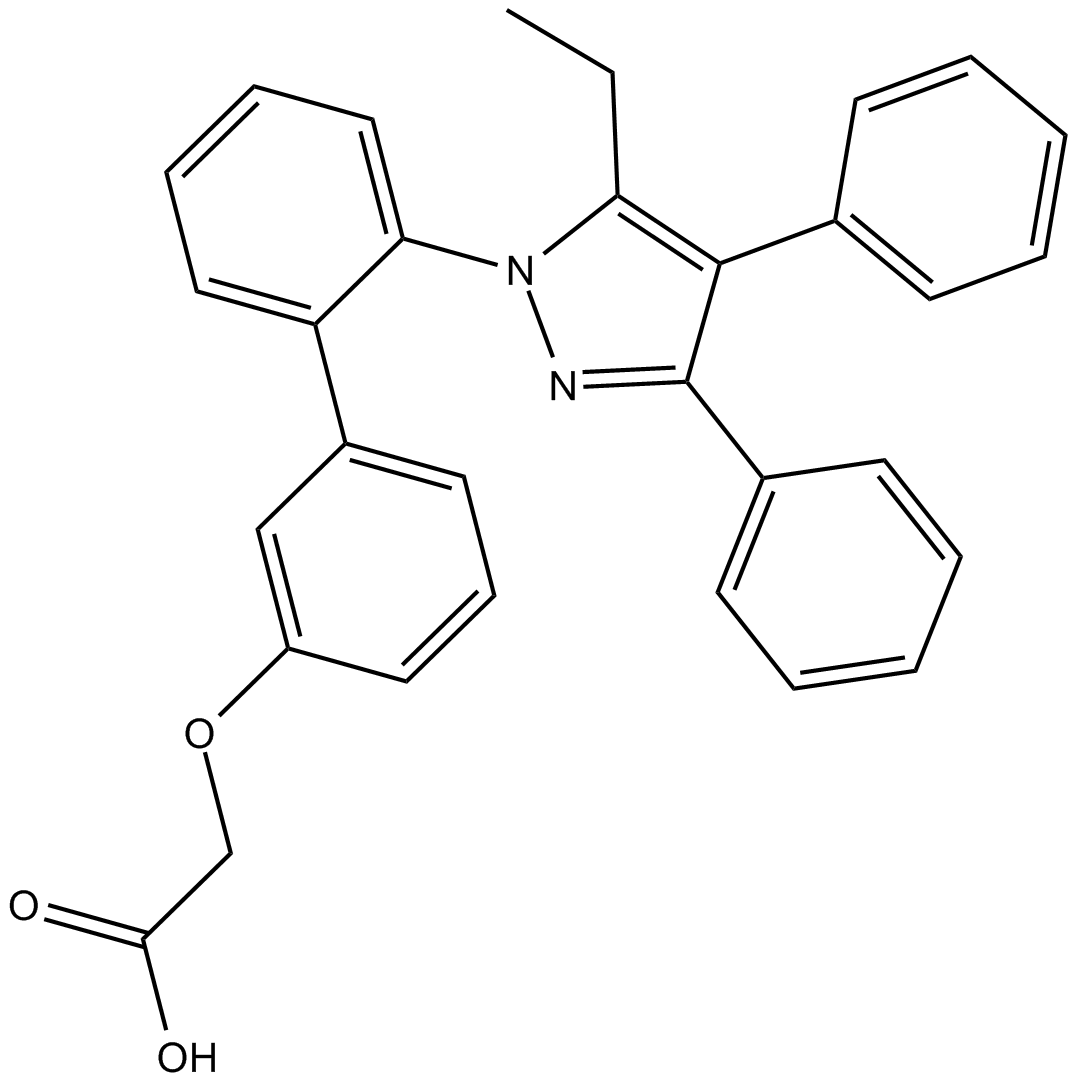 B7794 BMS 3094035 CitationTarget: Fatty-acid-binding proteins (FABPs)Summary: FABP4 inhibitor,potent and selective
B7794 BMS 3094035 CitationTarget: Fatty-acid-binding proteins (FABPs)Summary: FABP4 inhibitor,potent and selective -
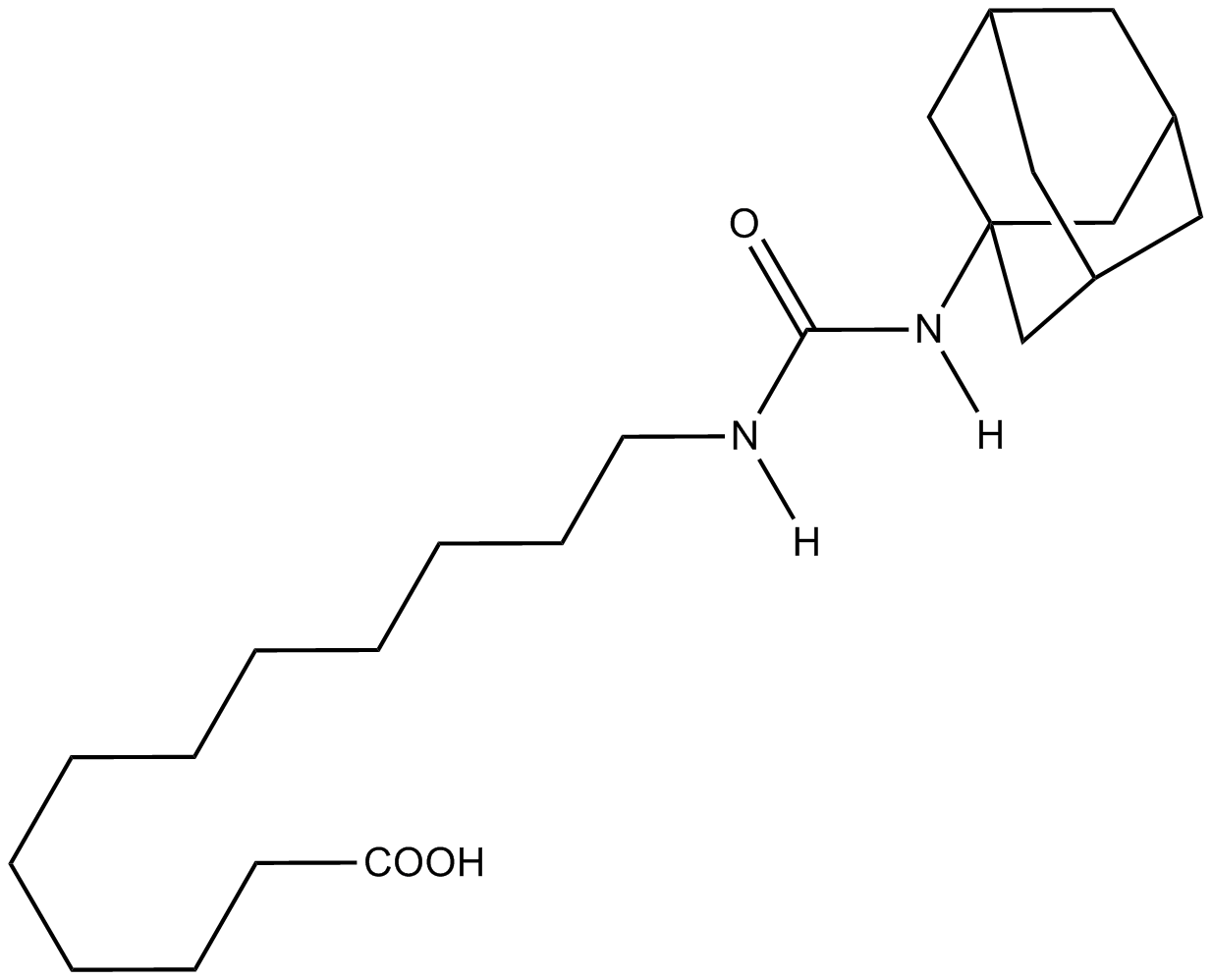 A8957 AUDASummary: Potent epoxide hydrolase inhibitor/PPARα activator
A8957 AUDASummary: Potent epoxide hydrolase inhibitor/PPARα activator -
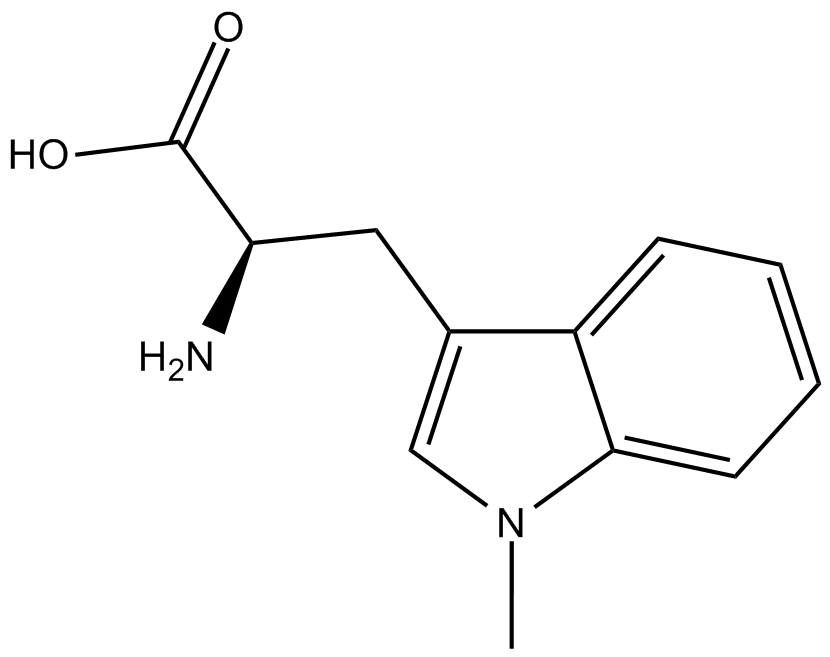 B4900 Indoximod (NLG-8189)Summary: Indoleamine 2,3-dioxygenase (IDO) pathway inhibitor
B4900 Indoximod (NLG-8189)Summary: Indoleamine 2,3-dioxygenase (IDO) pathway inhibitor -
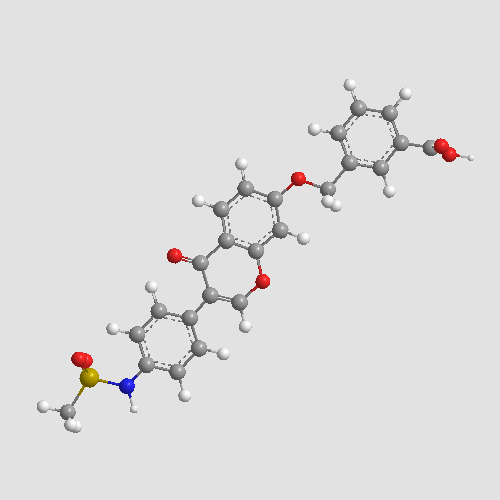 B4928 CVT 10216Summary: reversible inhibitor of aldehyde dehydrogenase 2 (ALDH2)
B4928 CVT 10216Summary: reversible inhibitor of aldehyde dehydrogenase 2 (ALDH2) -
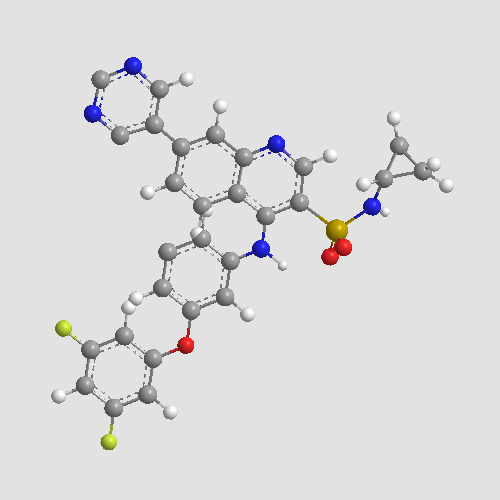 B4929 GSK 2837808ATarget: Lactate Dehydrogenases (LDH)Summary: Potent, selective lactate dehydrogenase A (LDHA) inhibitor
B4929 GSK 2837808ATarget: Lactate Dehydrogenases (LDH)Summary: Potent, selective lactate dehydrogenase A (LDHA) inhibitor -
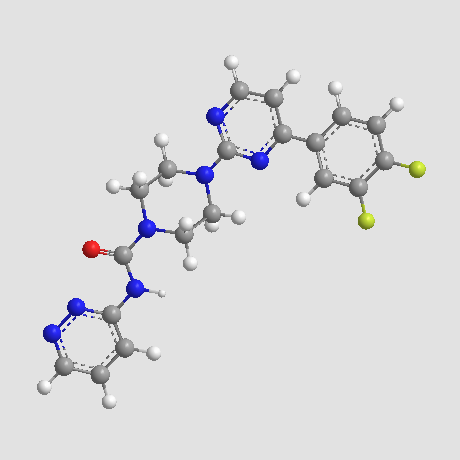 B4931 TAK 21dSummary: Potent FAAH inhibitor
B4931 TAK 21dSummary: Potent FAAH inhibitor -
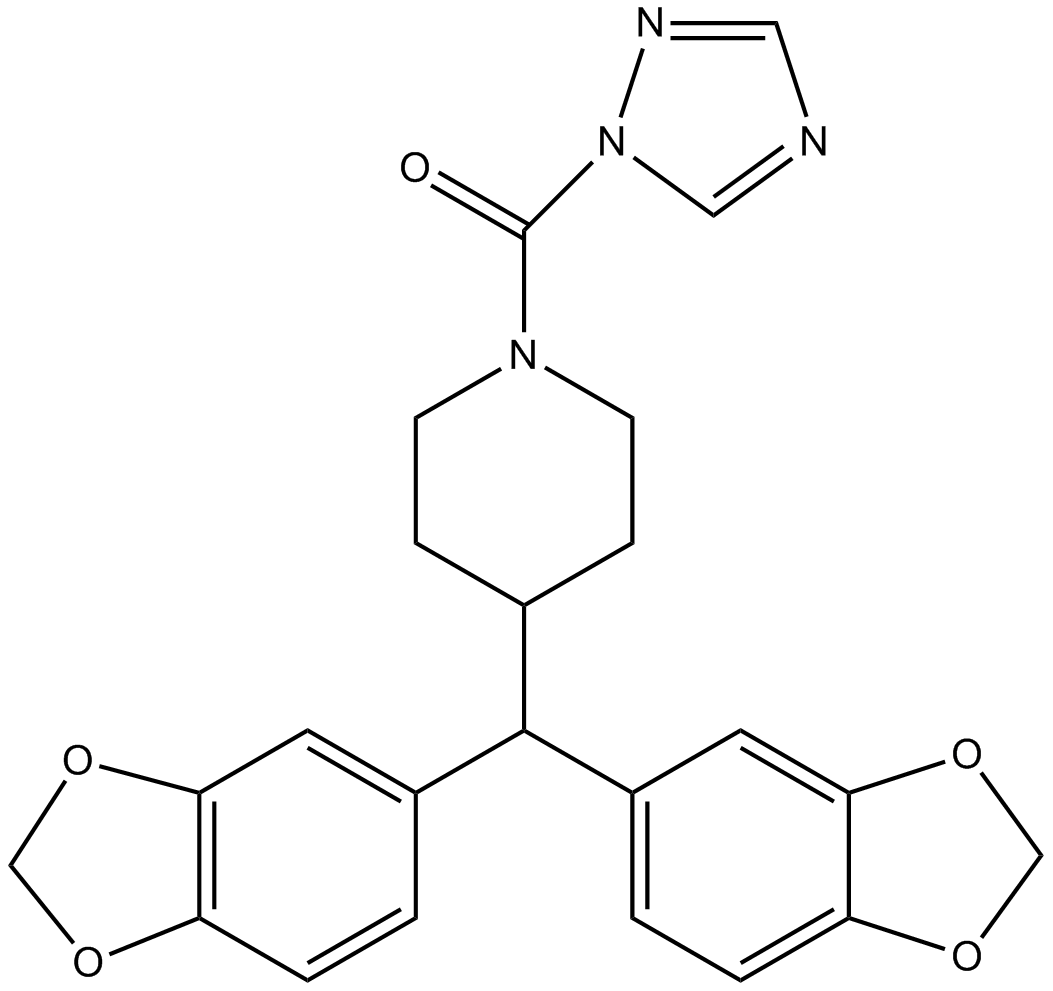 B4932 JJKK 048Summary: monoacylglycerol lipase (MAGL) inhibitor
B4932 JJKK 048Summary: monoacylglycerol lipase (MAGL) inhibitor -
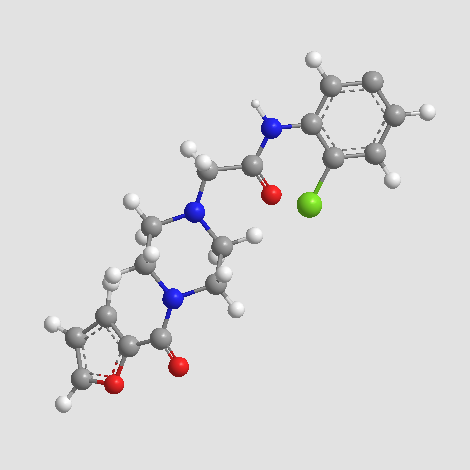 B4933 ML 348Summary: lysophospholipase 1 (LYPLA1) inhibitor
B4933 ML 348Summary: lysophospholipase 1 (LYPLA1) inhibitor -
 B4934 ML 349Summary: lysophospholipase 2 (LYPLA2) inhibitor
B4934 ML 349Summary: lysophospholipase 2 (LYPLA2) inhibitor -
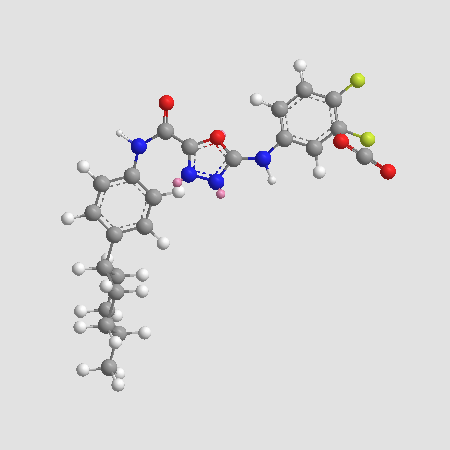 B4944 AZD 3988Summary: diacylglycerol acyltransferase (DGAT-1) inhibitor
B4944 AZD 3988Summary: diacylglycerol acyltransferase (DGAT-1) inhibitor

